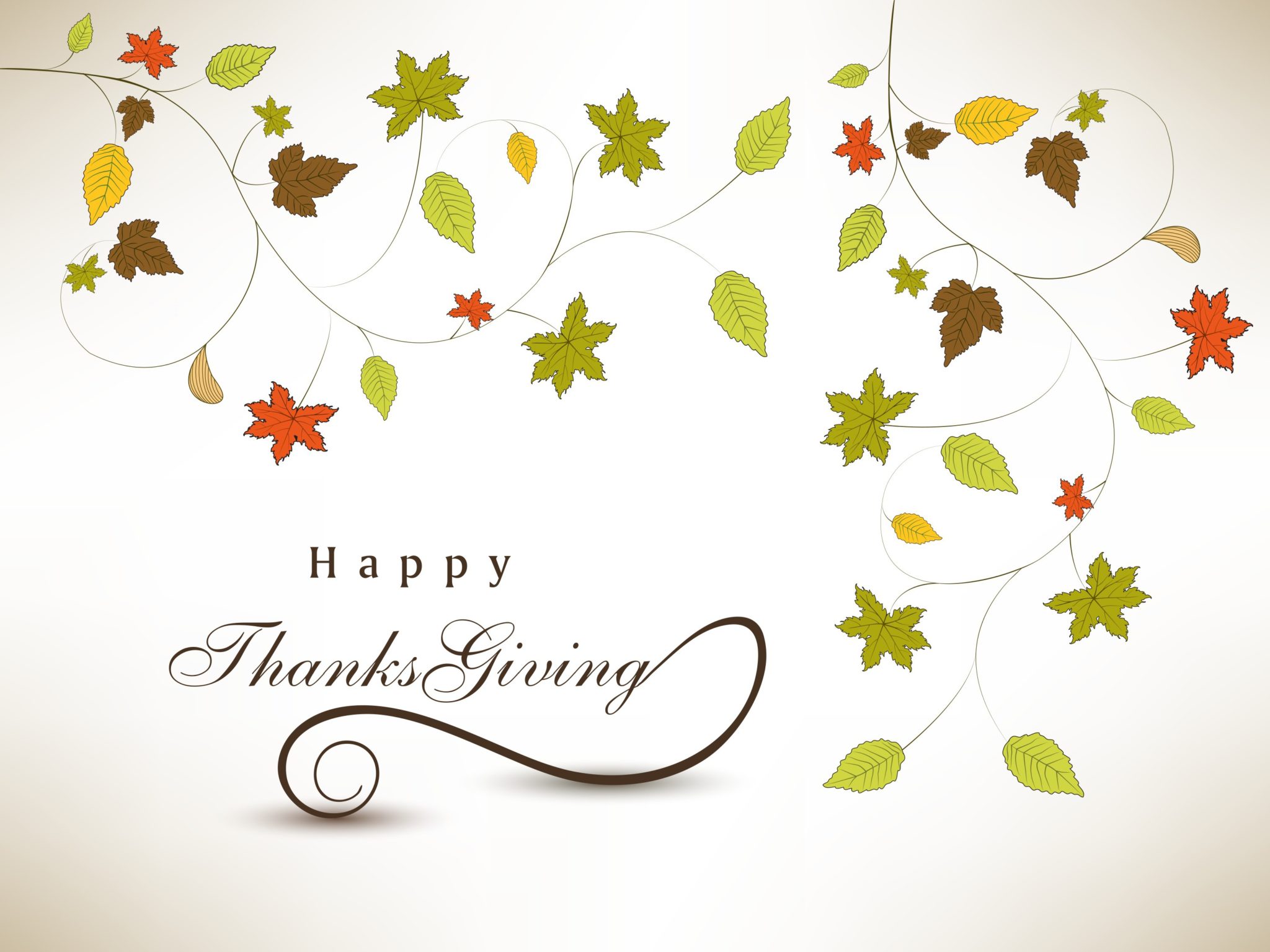Today’s offering is from the FreelancersUnion site, (because not all writers are book writers), which shares this lovely post on why writers make great friends. Written by Brendan Brown, the founder of Global English Editing and The Expert Editor, two online editing and proofreading companies.
~ * ~
Friends are important in so many ways. They help mold us as people and will be the first to intervene when our heads get too big, or taste in clothes too poor.
However, do writers make good friends?
On the one hand, writers are prone to alcoholism, cigarette addiction, and severe bouts of melancholy (at least according to the internet and stereotyping).
Nevertheless, I think writers have certain qualities that other civilians cannot match as friends. As an editor I have made friends with plenty of writers, and every one of them has added value to my life in some weird and wonderful ways.
The infographic below outlines 8 little-known reasons why writers make great friends.

1. Writers are knowledgeable
‘Knowledgeable’ probably wasn’t on your list of most desirable traits in a potential friend, but think about it. Nobody likes awkward silence. Lulls in conversation tend to come about when there’s nothing to talk about, but writers are often repositories of information ranging from the random to the hilarious (and inevitably the tedious).
When you’re at a party, sit next to the writer and you’ll hit the conversational jackpot: they’ll not only be up to date on the latest world events, but will also fill you in on what Kim Kardashian’s booty has to do with feminism.
2. Writers are great plus-ones at dinner parties
Offer a writer free food and they’ll rarely flake out on you.
Some might be in need of a good meal, being that they survive near the breadline on a daily basis or have been trying to finish NaNoWriMo and preparing food simply wasn’t an option.
Others may well be well on their way to a successful career in journalism or travel writing, but have never quite shaken those nightmares about being strangled in their sleep by ramen noodles. A catered-for dinner party is like therapy for them.
3. It’s hard to bore a writer
Most of your friends are probably fed up with hearing about your ex or how unreasonable your coworkers are. Instead of venting to them, turn to your writer friend.
Writers lap this stuff up. For you it’s catharsis, for them primary research. They’re probably working on a series of essays about how the monotony of everyday life is crushing the creativity out of a generation. Get ready for engaged questioning – “but why do you think you feel that way? Do you think there are societal forces preying on your mind, creating an unrealistic image of who you should be?”
If your rant is their brainstorm session and you’re helping each other out, isn’t back scratching what friendship’s all about?
4. Writers ‘get’ rejection
Even when they professionally benefit from your pain, writers are compassionate. Not because they’re inherently better than regular civilians, but because they’ve been through it all too: mind-melting jobs in call centers, getting dumped for spending too much time on their work, and being isolated from human contact for days or weeks at a time while writing.
Writers know your pain. Most of all, though, writers get rejected a lot.
You got turned down for a promotion this week? Your writer friend probably got turned down for three article pitches today. When you need a shoulder to cry on, writers are there to be your friend. But most importantly, they’ll insist you get back up on your feet and try again.
5. You might get a character named after you
Look at your friendship with a writer as a potential investment in future notoriety. If you’re in your writer friend’s inner circle while they’re working on a novel, you might get a character named after, or even loosely based on, you.
There are many examples of this, known as Tuckerization, but a notable one is Philip K. Dick naming fellow author Poul Anderson in his short story “Waterspider”.
Read the full post on FreelancersUnion .
~ * ~
If you liked this article, please share. If you have suggestions for further articles, articles you would like to submit, or just general comments, please contact me at paula@publetariat.com


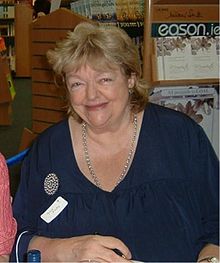


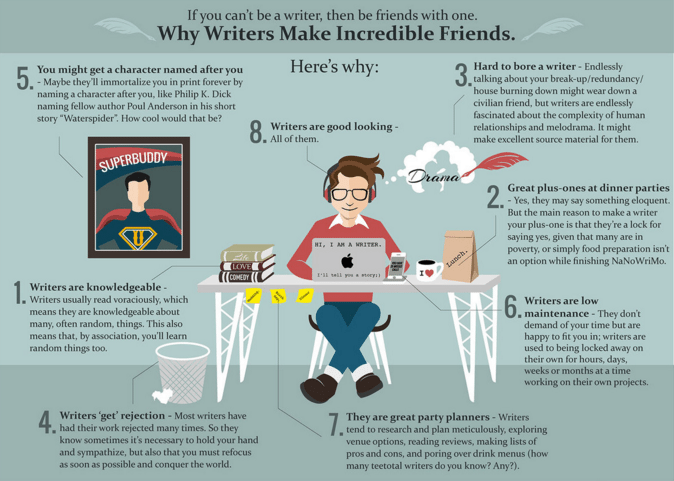




 consciousness in order to foment class warfare. Unfortunately, of course, Obama and Sanders are right, and my schoolteachers were wrong. And while class disparity manifests in all sectors of society, for those who seek careers in literature, class differences have a huge impact on who gets hired and who gets published. This, in turn has a real effect on the portrayal of class in literature, and in media depictions of the writer’s life.
consciousness in order to foment class warfare. Unfortunately, of course, Obama and Sanders are right, and my schoolteachers were wrong. And while class disparity manifests in all sectors of society, for those who seek careers in literature, class differences have a huge impact on who gets hired and who gets published. This, in turn has a real effect on the portrayal of class in literature, and in media depictions of the writer’s life.




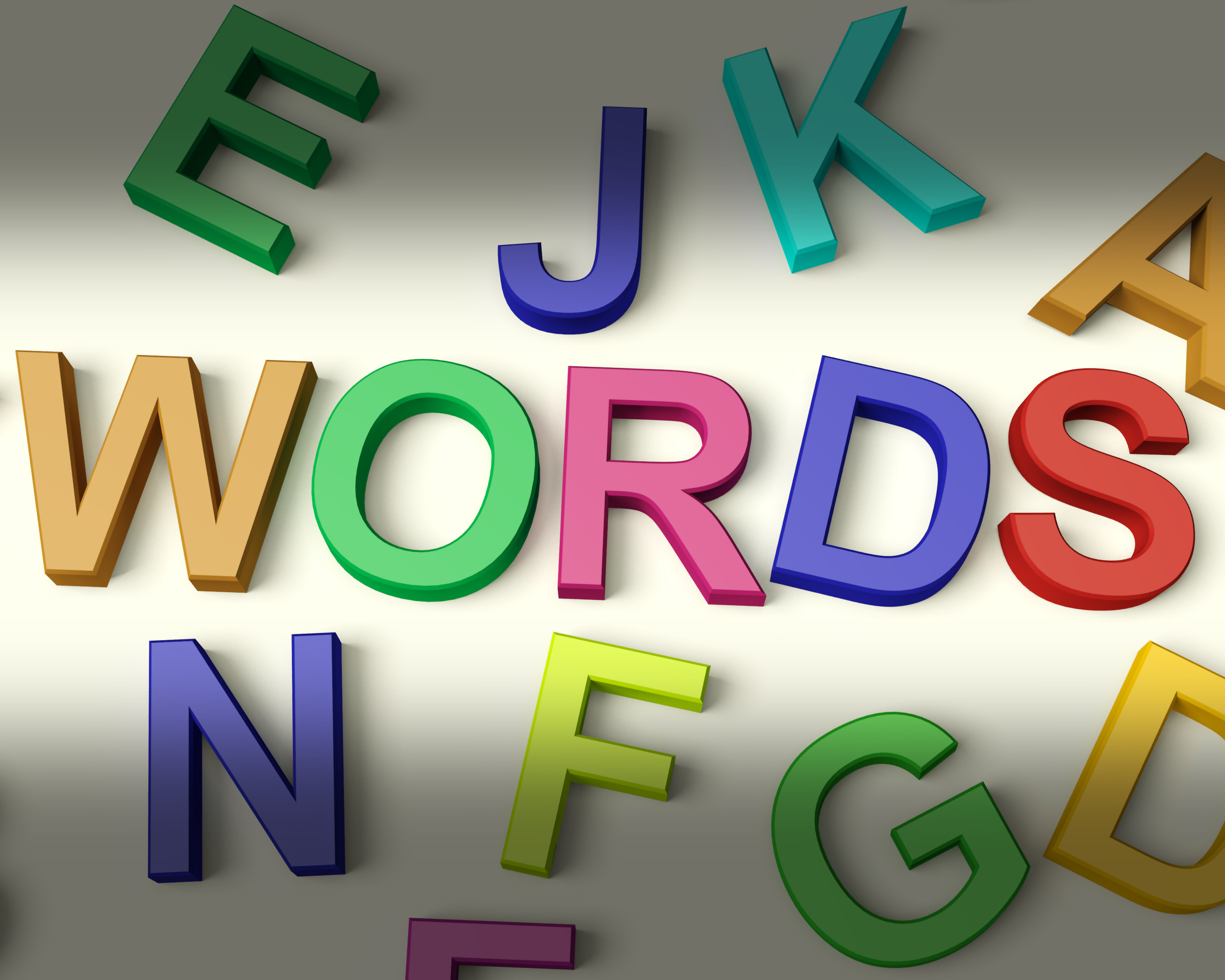


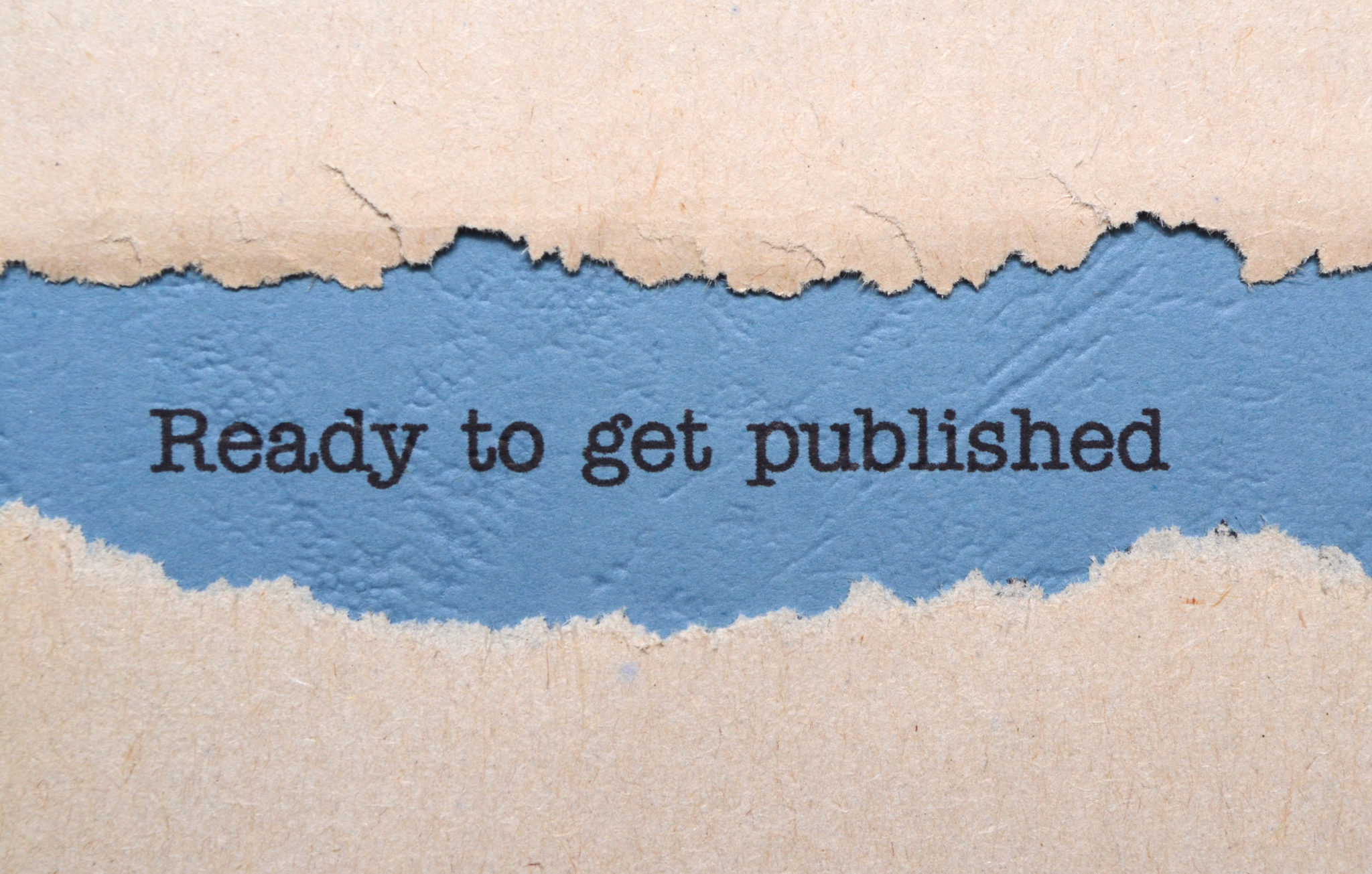
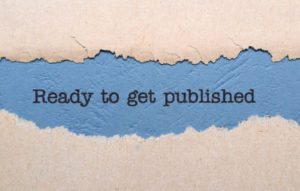 When writers ask me “Can you find me a literary agent?” they don’t realize it’s kind of like asking me “Can you find me the right spouse?” This is a research process and decision that’s best conducted by you. I think you’ll understand why by the end of this post.
When writers ask me “Can you find me a literary agent?” they don’t realize it’s kind of like asking me “Can you find me the right spouse?” This is a research process and decision that’s best conducted by you. I think you’ll understand why by the end of this post.